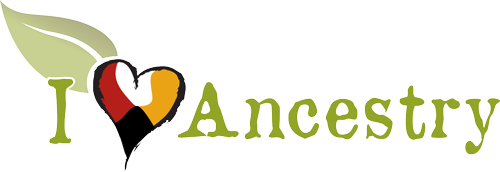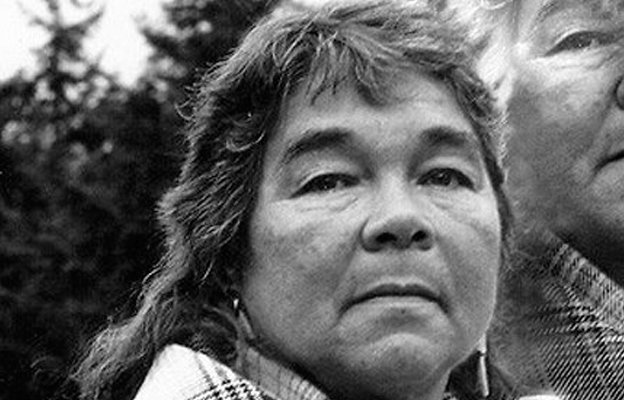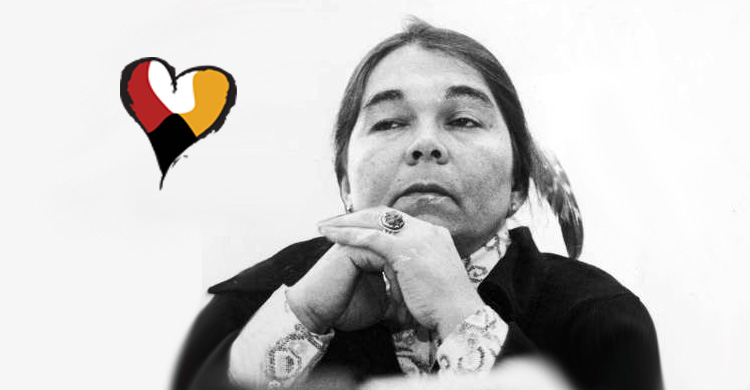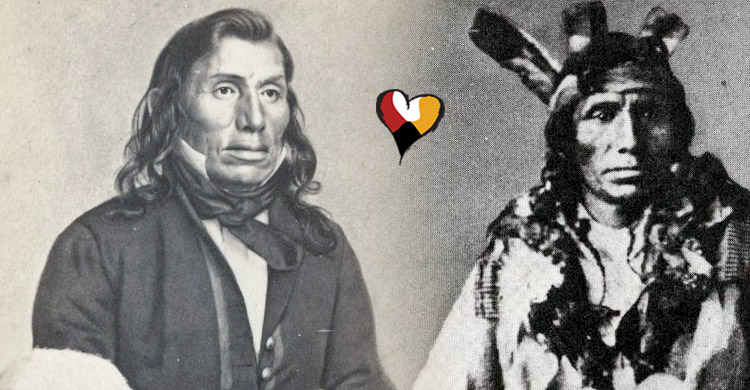Yet Si Blue “the woman who talks”, also known as Janet McCloud and born into the family of Chief Seattle was a prominent Tulalip and indigenous peoples activist.
Yet Si Blue (Mar. 30, 1934 – Nov. 25, 2003) aka Janet McCloud’s activism helped lead to the 1974 Boldt Decision, for which she was dubbed, “The Rosa Parks of the American Indian Movement.”
McCloud fought for American Indian treaty rights, asserting their right to hunt and fish as guaranteed by the 1854 Treaty of Medicine Creek. As part of that treaty, native tribes gave up much of their land to the U.S. government in return for guaranteed hunting and fishing rights.
Trailblazer Janet McCloud also was a respected leader among the Tulalip Tribes. She laid the groundwork for some of the things the Tulalip have been able to accomplish, especially in the exercising of their sovereignty.
Janet McCloud used her influence to found several organizations designed to promote the rights of American Indians such as the Indigenous Women’s Network, the Survival of American Indians Association and the Northwest Indian Women’s Circle. One of her proudest accomplishments was the opening of the Sapa Dawn Center near Yelm, where she taught American Indian youths about their culture and history.
Born on the Tulalip Reservation, Janet Renecker, the oldest of three girls and a descendant of Chief Seattle’s family, lived a childhood marked by poverty. She married and divorced young before meeting a Nisqually tribal fisherman and electrical lineman named Don McCloud in the early 1950s.
Janet, Don and many others formed the Survival of American Indian Association to fight against the assault on American Indian culture. Janet was the editor of the organization’s important paper – Survival News –
The articles in Survival News told the native side of the fishing-rights story. McCloud pored through donated legal books, quoted from the state’s charges against tribal fishing people, and wrote rebuttals based on treaty language.
Survival News articles were real because the editor – and authors – fished and were jailed during the struggle. In the manner of the time, the American Indians demonstrated as well as fished, and in the language of the time, the demonstrations were labeled “fish-ins” in the press.
The name stuck and fish-ins became official acts of defiance. Janet McCloud learned some of the movement’s tactics from Dick Gregory, an inspiring Black American comedian turned civil-rights activist. Dick Gregory advised the American Indians to attract attention by getting arrested and staying in jail.
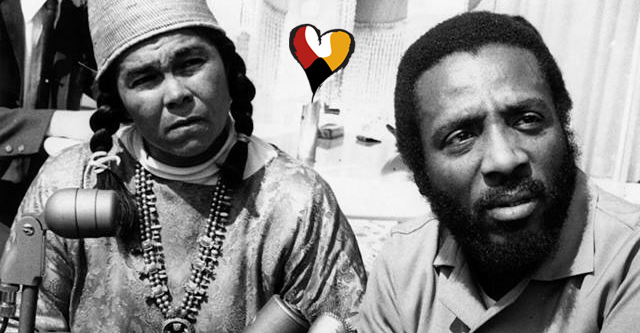
Courtesy of Hank Adams – Left: Janet McCloud – Right: Dick Gregory
Eventually, the American Indians’ efforts paid off. On Feb. 12, 1974, U.S. District Judge George Boldt ruled in favor of 14 treaty tribes, upholding the language of their treaties that entitled them to half the salmon and steelhead catch in Washington.
“We used to root for the Indians against the cavalry, because we didn’t think it was fair in the history books that when the cavalry won it was a great victory, and when the Indians won it was a massacre.”
Along with catapulting her into the status of civil rights leader, the fish wars brought Janet McCloud in touch with her native spirituality. During the 1970s, McCloud spread the message of native spirituality and human rights worldwide.
She traveled the globe, speaking about indigenous women’s rights and social justice. In 1971, she traveled to Williamsburg, Va., as a delegate to a national conference on corrections, advocating for American Indians in prisons. She urged, among other things, that prison systems support traditional religion as a path toward reconciliation.
Janet McCloud established her home and the surrounding 10 acres (40,000 m2) in Yelm, Washington as a retreat, naming it the Sapa Dawn Center, “Sapa” meaning grandfather, the name being a tribute to Don McCloud, who died in April 1985.
Leaders of the American Indian Movement – Dennis Banks, Russell Means, and others – came to Sapa Dawn and its sweat lodge before launching their 1973 takeover at Wounded Knee, S.D.
Yet Si blue once wrote: “When all is going crazy . . . our people can come back to the center to find the calming effect; to reconnect with their spiritual self.”
In August 1985, 300 women from many countries found their way to Sapa Dawn to talk about concerns they shared. “There was no motel in Yelm then,” recalls McCloud. “So we put up tepees. One woman said: `Where’s the motel?’ I said, `Here’s a key: tepee number one or tepee number two.'” The women camped for five days, talking about social, economic and family problems troubling native people throughout the Western Hemisphere.
That was the birth of what now is called the Indigenous Women’s Network, a coalition championing native women, families and tribal sovereignty from Chile to Canada, and which adopted McCloud as a founding mother.
For many people, Janet McCloud could be considered the founding mother to dozens of American Indian organizations because so many people have traveled to Yelm over the years seeking her wisdom.
According to the Encyclopedia of North American Indians:
“An extended series of physical confrontations with state and federal authorities – dubbed ‘fish-ins’ – and attendant courtroom actions resulted not only in the eventual reaffirmation of Indian treaty rights in the region, but also national attention for several key local activists, among them Janet McCloud.”
Bennett, who is also mentioned in the encyclopedia, agreed. “Janet is the most famous Tulalip Indian,” she recalled. “If you went to Europe and said, ‘Name me a Tulalip Indian,’ a lot of people there would know Janet.”
SOURCE: Based on materials from The Seattle Times, and Wikipedia. Top featured photography (c) Ronnie Farley.
